متن کامل سخنرانی پراسان کومار
Results Based Management (RBM) RBM is a management approach that focuses on achieving measurable development outcomes and impacts. The five pillars of RBM are (a) integrated development planning, (b) results-based budgeting, (c) results-based human capital management, (d) results-based monitoring and evaluation, and (e) results-based management information systems.
RBM is an important strategy for all development agencies including the UN development system in planning, managing, monitoring, reporting and accounting for its contribution to the achievement of the Sustainable Development Goals and other internationally agreed development goals.
It is being estimated that on an average US$ 175 billion money is spent annually for undertaking interventions to reduce poverty, protect the environment; and improve economic, social, educational, health, and governance situations in under-developed and developing countries of the world. These interventions are undertaken through multilateral development agencies like the United Nations (UN); Bilateral development agencies and International Nongovernment Organizations (INGOs).
During the last few decades, the concerns regarding the effectiveness of these interventions have been on the rise. Increasingly, the development agencies (including the donors) have posed hard questions about the way the development funds were being utilized by the internationaldevelopment agencies (IDAs) and the extent to which interventions have been effective in achieving the envisaged targets and goals. To satisfy these accountability concerns, IDAs adopted a management approach which enabled them to set those measurable goals and performance indicators which can be tracked through quantifiable data which is referred to as Result Based Management (RBM).
As the development interventions generally target social and economic problems – which are inherently complex, evolving and interlinked with other problems (e.g. poverty is linked with gender issues), an inflexible and rigid approach may drift the mission statements and may cause an intrinsic obstacle for both the donor and implementing agencies to achieve their goals. Thus, the success of these interventions is largely dependent on the management approach. Assessment of the efficacy of RBM, therefore, is significant for judicious use of the development funds in combating the grand challenges of the world.
Keeping in view the foregoing, the objective of the study undertaken by Dr. Arghavan Farzin Motamed was twofold (a) sensitize the implementing agencies to develop a tool to measure
the implementation of RBM in development programme in Iran (b) subsequently, by using this tool, empirically test the effectiveness of RBM.
I congratulate Dr. Motamed for this effort as RBM framework may be common, but the indicators may differ from country to country and project to project. I am sure that this publication will be much helpful to the development communities working in Iran.
خلاصهای از سخنان به زبان فارسی
در این سخنرانی، پراسان کومار به اهمیت رویکرد مدیریت مبتنی بر نتایج (RBM) در برنامهریزی و ارزیابی پروژههای توسعهای پرداخته است. او پنج رکن اصلی RBM را که شامل برنامهریزی یکپارچه، بودجهبندی، مدیریت منابع انسانی، پایش و ارزیابی، و سیستمهای اطلاعاتی مبتنی بر نتایج است، توضیح میدهد. به گفته کومار، RBM به نهادهای توسعهای کمک میکند تا با هدفگذاری و اندازهگیری دقیق، اثربخشی پروژهها را افزایش دهند. او همچنین به نقش کلیدی این رویکرد در مدیریت بودجههای چند میلیارد دلاری در حوزههای کاهش فقر، حفاظت از محیط زیست و ارتقاء شرایط اجتماعی و اقتصادی اشاره کرد و از تلاشهای دکتر ارغوان فرزین معتمد در ارائه شاخصهای کاربردی این روش در ایران تقدیر نمود.
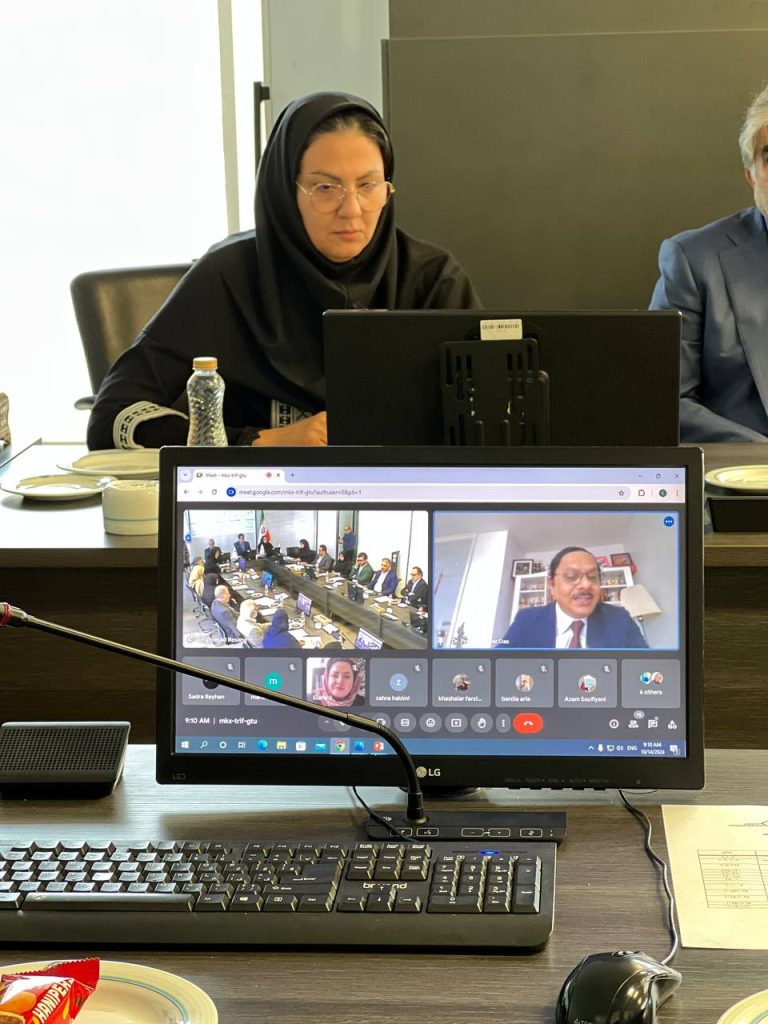
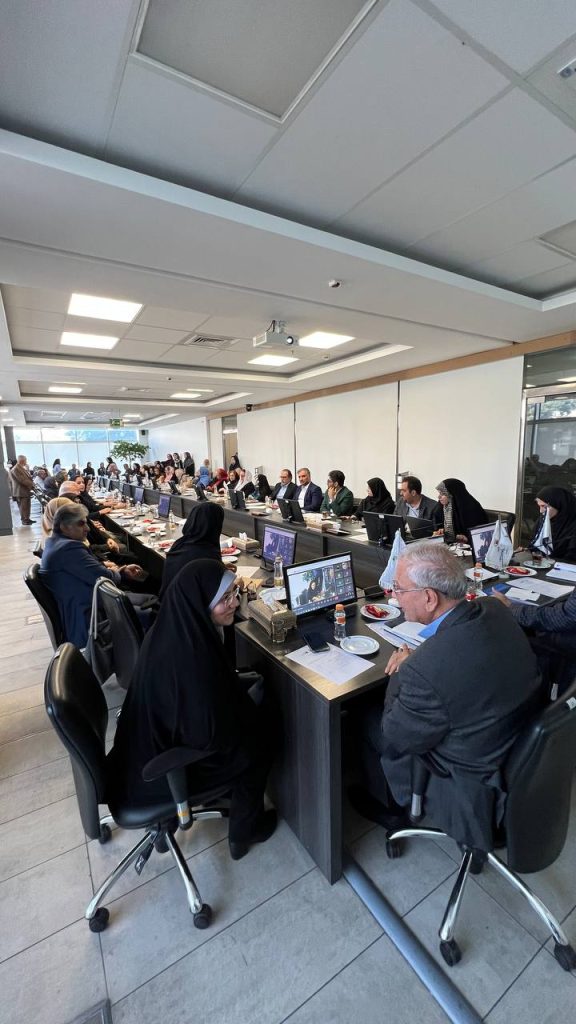



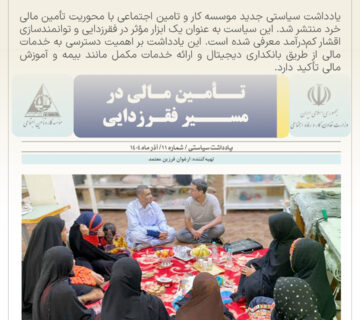
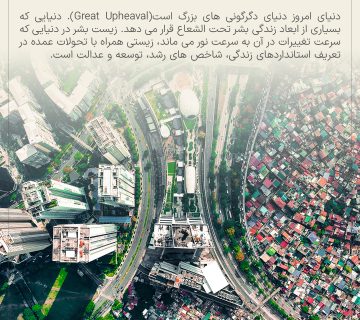
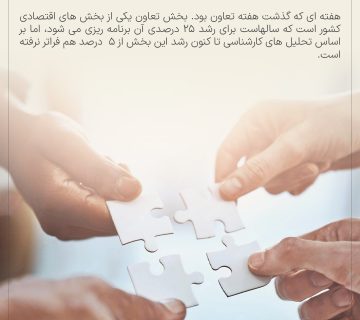
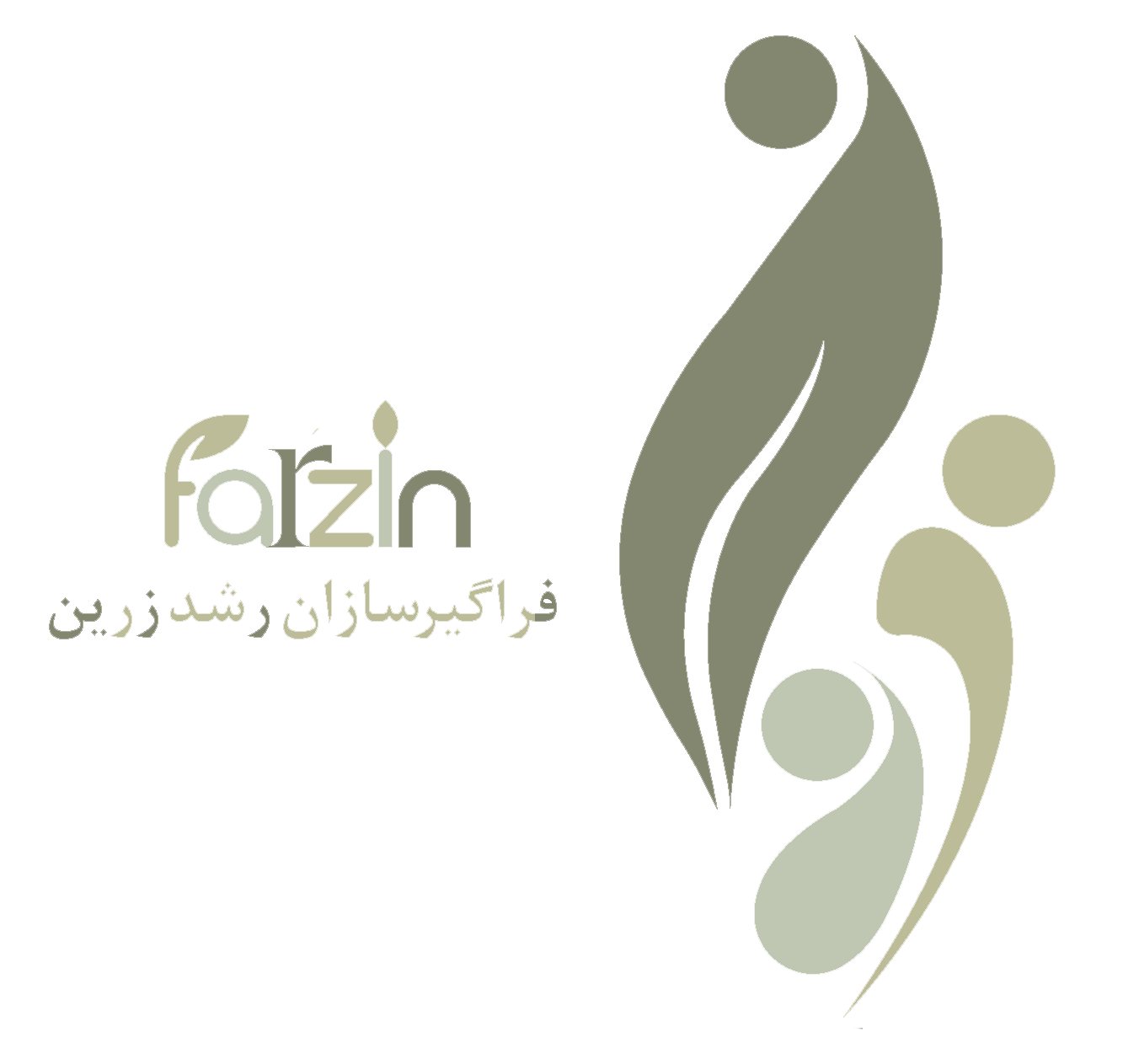
دیدگاهی یافت نشد